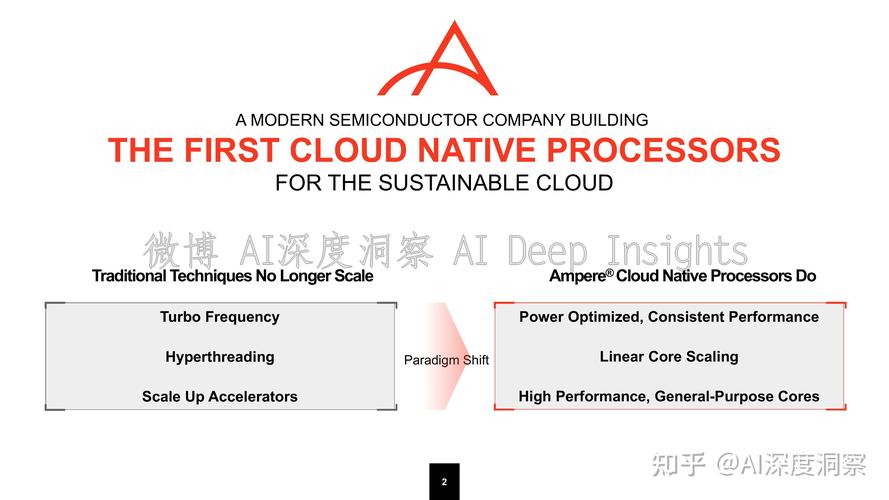云核算英语,Introduction to Cloud Computing
云核算(Cloud Computing)是一种根据互联网的核算方法,它将核算使命散布在很多核算机构成的资源池上,运用户可以按需获取核算资源、存储空间、应用程序等服务。云核算英语中常用的词汇和短语包含:
1. Cloud Computing(云核算)2. Cloud Service Provider(云服务提供商)3. Public Cloud(公有云)4. Private Cloud(私有云)5. Hybrid Cloud(混合云)6. Infrastructure as a Service(IaaS,基础设施即服务)7. Platform as a Service(PaaS,渠道即服务)8. Software as a Service(SaaS,软件即服务)9. Cloud Storage(云存储)10. Cloud Backup(云备份)11. Cloud Migration(云搬迁)12. Cloud Security(云安全)13. Cloud Native(云原生)14. Virtualization(虚拟化)15. Containerization(容器化)16. Microservices(微服务)17. DevOps(开发运维一体化)18. Continuous Integration/Continuous Deployment(继续集成/继续布置,简称CI/CD)19. Cloud Bursting(云迸发)20. Cloud Networking(云网络)
这些词汇和短语涵盖了云核算的各个方面,包含服务类型、技能完成、安全性和运维等。了解这些词汇和短语有助于更好地了解和运用云核算。
Introduction to Cloud Computing

Cloud computing has revolutionized the way businesses and individuals access and utilize digital resources. It refers to the delivery of computing services over the internet, including servers, storage, databases, networking, software, analytics, and intelligence. This article aims to provide an overview of cloud computing, its benefits, types, and its impact on various industries.
What is Cloud Computing?
Benefits of Cloud Computing
There are several benefits of adopting cloud computing:
Cost Efficiency: Cloud computing eliminates the need for expensive hardware and software investments, as users can pay for only what they use.
Scalability: Cloud services can be easily scaled up or down based on demand, allowing businesses to adapt quickly to changing requirements.
Accessibility: Users can access cloud resources from anywhere with an internet connection, providing flexibility and convenience.
Disaster Recovery: Cloud computing offers robust disaster recovery solutions, ensuring business continuity in the event of a system failure.
Collaboration: Cloud-based tools facilitate collaboration among team members, regardless of their physical location.
Types of Cloud Computing
Cloud computing can be categorized into three main types:
Public Cloud: This type of cloud computing is provided by third-party service providers and is available to anyone on the internet. Examples include Amazon Web Services (AWS), Microsoft Azure, and Google Cloud Platform.
Private Cloud: A private cloud is dedicated to a single organization and can be hosted on-premises or by a third-party service provider. It offers more control and security but requires significant investment in infrastructure.
Hybrid Cloud: A hybrid cloud combines public and private cloud services, allowing organizations to leverage the benefits of both. This approach provides flexibility and scalability while maintaining control over sensitive data.
Impact of Cloud Computing on Industries
Cloud computing has had a significant impact on various industries:
Healthcare: Cloud computing enables healthcare providers to securely store and share patient data, improve collaboration among healthcare professionals, and streamline administrative processes.
Education: Cloud-based tools facilitate online learning, collaboration among students and teachers, and access to educational resources from anywhere.
Finance: Cloud computing helps financial institutions manage risk, comply with regulations, and improve customer service by providing scalable and secure computing resources.
Manufacturing: Cloud computing enables manufacturers to optimize production processes, improve supply chain management, and develop innovative products.
Challenges and Concerns
While cloud computing offers numerous benefits, there are also challenges and concerns to consider:
Security: Storing sensitive data in the cloud raises concerns about data breaches and unauthorized access.
Reliability: Organizations must ensure that their cloud service providers offer reliable and redundant services to avoid downtime.
Vendor Lock-in: Moving to the cloud can lead to vendor lock-in, making it difficult to switch providers or migrate to another cloud platform.
Conclusion

Cloud computing has become an essential component of modern business and personal life. Its ability to provide scalable, cost-effective, and flexible computing resources has transformed the way we work, learn, and live. As technology continues to evolve, cloud computing will undoubtedly play a crucial role in shaping the future of various industries.
Tags:

猜你喜欢
 其他
其他
区块链新闻网,区块链技能助力数据要素流转,上海移动引领新篇章
以下是几个专业的区块链新闻资讯渠道,您能够依据自己的需求挑选适宜的网站进行阅读:1.ODAILY:这是一个专业的区块链媒体渠道,供给全面、深度的区块链技能资讯、区块链游戏、元世界、Web3.0职业解读和NFT远景猜测等内容。网站。2.B...
2025-01-07 2 其他
其他
开源协同作业体系,助力企业高效协作与立异开展
1.O2OA:特色:O2OA是一个全代码开源的企业运用定制化开发渠道,依据J2EE分布式架构,支撑移动作业和智能作业,适用于企业OA和协同作业类信息化体系的建造和开发。功用模块:包含流程渠道、门户渠道、信息渠道、数据渠道和...
2025-01-07 2 其他
其他
区块链数据剖析,技能革新与商业使用
1.买卖行为剖析:剖析区块链上的买卖数据,包含买卖量、买卖频率、买卖金额等,以了解市场动态和用户行为。2.智能合约剖析:剖析智能合约的布置、履行和交互状况,以评价智能合约的安全性和功率。3.网络拓扑剖析:剖析区块链网络的结构,包含节点...
2025-01-07 2 其他
其他
开源节省降本增效作业施行方案
开源节省、降本增效是企业在竞赛剧烈的商场环境中进步效益、增强竞赛力的要害办法。以下是拟定开源节省、降本增效作业施行方案的一些主张:一、清晰方针与方向1.拟定清晰的开源节省、降本增效方针,如下降本钱份额、进步出产功率、添加商场份额等。2....
2025-01-07 2 其他
其他
前海开源杨德龙,2025年A股商场展望与出资战略
杨德龙,男,汉族,中共党员,1981年6月生于河南商丘,现寓居于深圳。他现任前海开源基金办理有限公司履行总司理,具有10年基金从业阅历。杨德龙于2006年7月结业于北京大学光华办理学院,取得经济学硕士学位,师从闻名经济学家厉以宁教授和曹凤岐...
2025-01-07 2 其他
其他
区块链数字人民币,构建未来金融生态
1.技能特色:区块链技能:区块链以其去中心化、不行篡改、透明性等特性著称,常用于加密钱银如比特币和以太坊中。数字人民币:数字人民币是由中国人民银行发行的法定数字钱银,学习了区块链的部分技能,但总体上仍是中心化的。其发行层根...
2025-01-07 2 其他
其他
云核算技能系统,构建未来数字国际的柱石
云核算技能系统是一个巨大且杂乱的系统,它包含多个层次和组件。以下是对云核算技能系统的概述:1.根底设施即服务(IaaS):这是云核算的根底层,它供给虚拟化的核算资源,如虚拟机、存储和网络。用户能够根据需求租借这些资源,并自己办理操作系统、...
2025-01-07 2 其他
其他
开源社,推进开源生态昌盛开展的中坚力量
开源社(KAIYUANSHE)是国内第一个专心于开源管理、社区开展、世界接轨和开源项目的开源社区联盟。以下是关于开源社的详细信息:基本信息建立时刻:2014年安排性质:开源社区联盟愿景:推进开源成为新时代的生活方式任务:安身我国、...
2025-01-07 2

